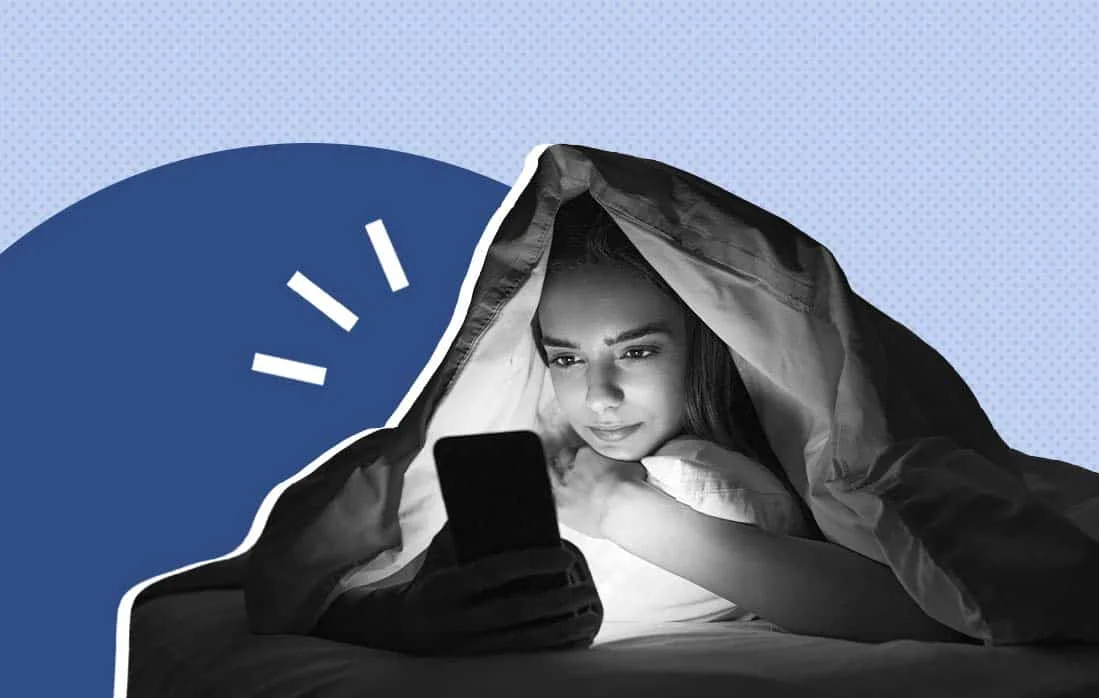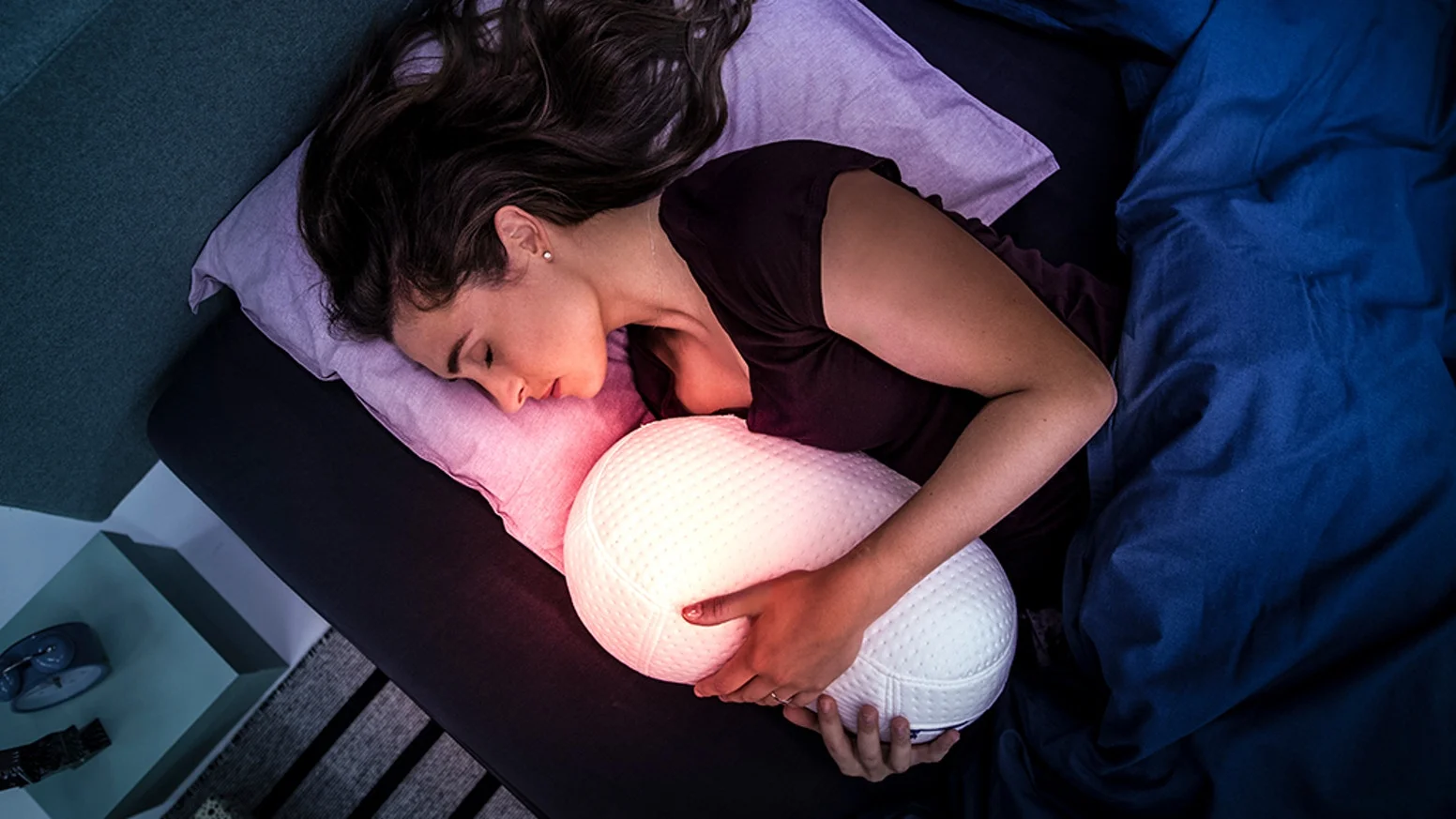
Over the last few years, artificial intelligence (AI) has been showing up in all areas of life, automating tasks and skyrocketing the efficiency of many once-tedious activities. But AI’s potential to improve lives is still largely untapped. Sleep medicine, with its wealth of physiological data from sleep studies and sleep tracking devices, combined with years of clinical data from medical records, is primed to take advantage of AI’s possibilities.
AI refers to computer systems’ ability to carry out tasks that typically require human intelligence. (1) It especially excels at particular functions — automating data analysis, recognizing patterns, predictive modeling, and creating and monitoring the effectiveness of personalized treatment plans.
Recently, the Artificial Intelligence in Sleep Medicine Committee of the American Academy of Sleep Medicine (AASM) published a commentary in the Journal of Clinical Sleep Medicine on the prospect of AI transforming sleep-related clinical care, lifestyle management, and population health management. They had plenty to say about how sleep medicine will benefit from AI in upcoming years.
Recognition and Diagnosis
Previous research shows that people with Obstructive Sleep Apnea (OSA), a widely underdiagnosed but dangerous sleep disorder, can significantly benefit from new AI technology. AI can help healthcare providers and patients collaborate in screening, diagnosing, and treating OSA.
Using AI’s analysis potential can be especially helpful in recognizing and addressing sleep-related breathing issues. AI algorithms can identify patterns in sleep data, such as interrupted breathing or abnormal oxygen levels, which are signs of a sleep-related breathing disorder. By recognizing patterns, the AASM says AI will improve the diagnosis and treatment of sleep disorders like OSA and other sleep disorders.
Faster Care and Treatment
One of the biggest roadblocks to people accessing care is the slow-moving, overburdened medical system that can’t keep up with demands for evaluation and diagnosis. Traditionally, sleep data requires trained professionals to analyze sleep data using manual scoring before diagnosing. The AASM says AI can speed up this process and make it more efficient, which means more people can access treatment sooner without the toll.
Advanced Tracking and Treatment with Wearables
Wearable trackers allow advanced 24/7 tracking of behaviors and outcomes so medical providers have an in-depth view of their patients’ habits and health. According to Rajesh Namase, information technologist and tech entrepreneur, AI can track sleep and changes in habits on wearables and FDA-approved medical equipment.
He says the primary interaction will be through “contextually intelligent AI agents,” a subset of AI systems that use adaptive learning, planning, and problem-solving to discover areas for improving sleep and create advanced treatment plans.
Everyday Personalized Sleep Recommendations
Lifestyle management is another booming area where AI shines. The AASM believes there is a vast potential for improving the lives of everyday people using wearable tech. “Sleep watches that use AI give people accurate information about their sleep patterns, which lets them change their habits and be well-informed,” says Namase.
Prashant Natarajan, Distinguished Fellow of Health Innovation Alliance and AI product expert, says AI can recognize how factors such as emotional or physical events, sleeping in different locations (home vs. hotel, frequent travel), and the influence of conditions such as sleep apnea or PTSD can impact sleep quality. People can see all of this information in one place and clearly understand areas to adjust for better sleep health.
Better Public Health Interventions
AI has the potential to analyze and combine diverse types of data, such as demographic, environmental, and health-related information. Using these insights, public health can develop more effective health interventions and identify and address healthcare gaps.
For instance, it can help discover why certain populations are overlooked or underdiagnosed with particular sleep disorders, find ways of improving the accuracy of OSA severity scoring, and determine why some treatment plans work for certain people but not for others.
Potential Drawbacks and Concerns of AI in Sleep Medicine
The AASM AI committee stresses the need for caution when incorporating new technology and points out the challenges to the widespread use of AI in sleep medicine. Although AI benefits sleep medicine, the authors also recognize how complex it will be to incorporate AI into this field.
- Privacy: The use of AI in sleep medicine raises concerns about the data’s privacy, security, and accuracy.
- Validation and standardization: AI tools need to be tested with a variety of data to ensure they work well and are accurate for different patient groups. If there isn’t enough data, incorrect suggestions could cause potential damage.
- Accuracy: AI-based sleep trackers are accurate at recognizing sleep stages and patterns, but there are still issues in understanding the data and the need for continuous improvement, says Namase. (2)
- Over-reliance on tech: Relying too much on AI could reduce reliance on human expertise, devaluing human input and leading to the loss of important skills among clinicians.
- Bias: AI systems can reinforce and magnify existing biases if trained on datasets that do not include a wide range of people. Weeding out bias is crucial for AI to be effective.
“AI has a big effect on sleep health because it can accurately track sleep, make personalized suggestions, and offer possible answers to sleep problems, but it needs to be improved over time, and problems must be solved to fully achieve its benefits in improving sleep,” says Namase.

ASMR Video Creators Claim They Can Put You to Sleep In Less Than 10 Minutes, But What Do Experts Say?

Looking For a Job? This AI Bot Applies to Jobs While You Sleep

Need Some Zzz’s? Consider Cuddling with a Sleep Robot

Millennial Sleep Diary: The 32-Year-Old Social Influencer With Unusual Hours
Sources
1. Bandyopadhyay, A., Goldstein, C. Clinical applications of artificial intelligence in sleep medicine: a sleep clinician’s perspective. Sleep Breath 27, 39–55 (2023). https://doi.org/10.1007/s11325-022-02592-4
2. AASM; “One in three Americans have used electronic sleep trackers, leading to changed behavior for many,” American Academy of Sleep Medicine; November 13, 2023.
Namase, Rajesh. Author interview. May 2024.
Natarajan, Prashant. Author interview. May 2024.


























